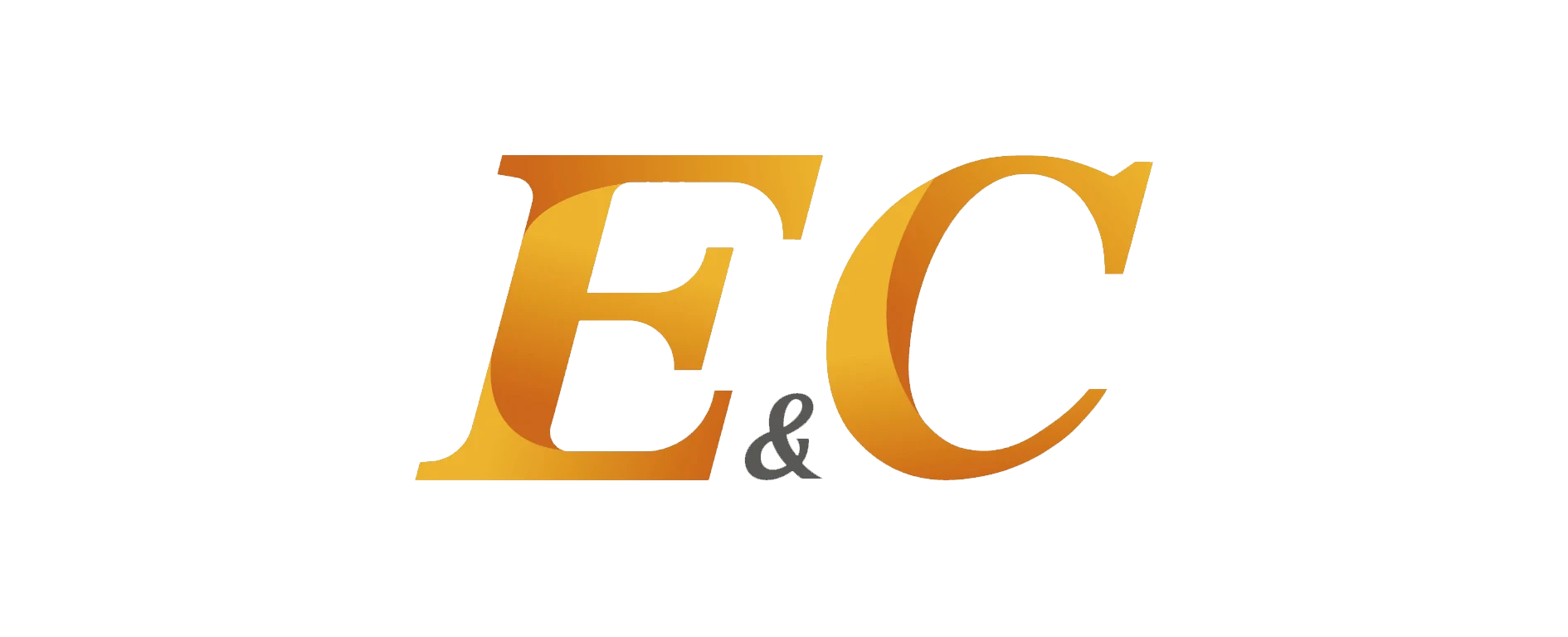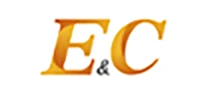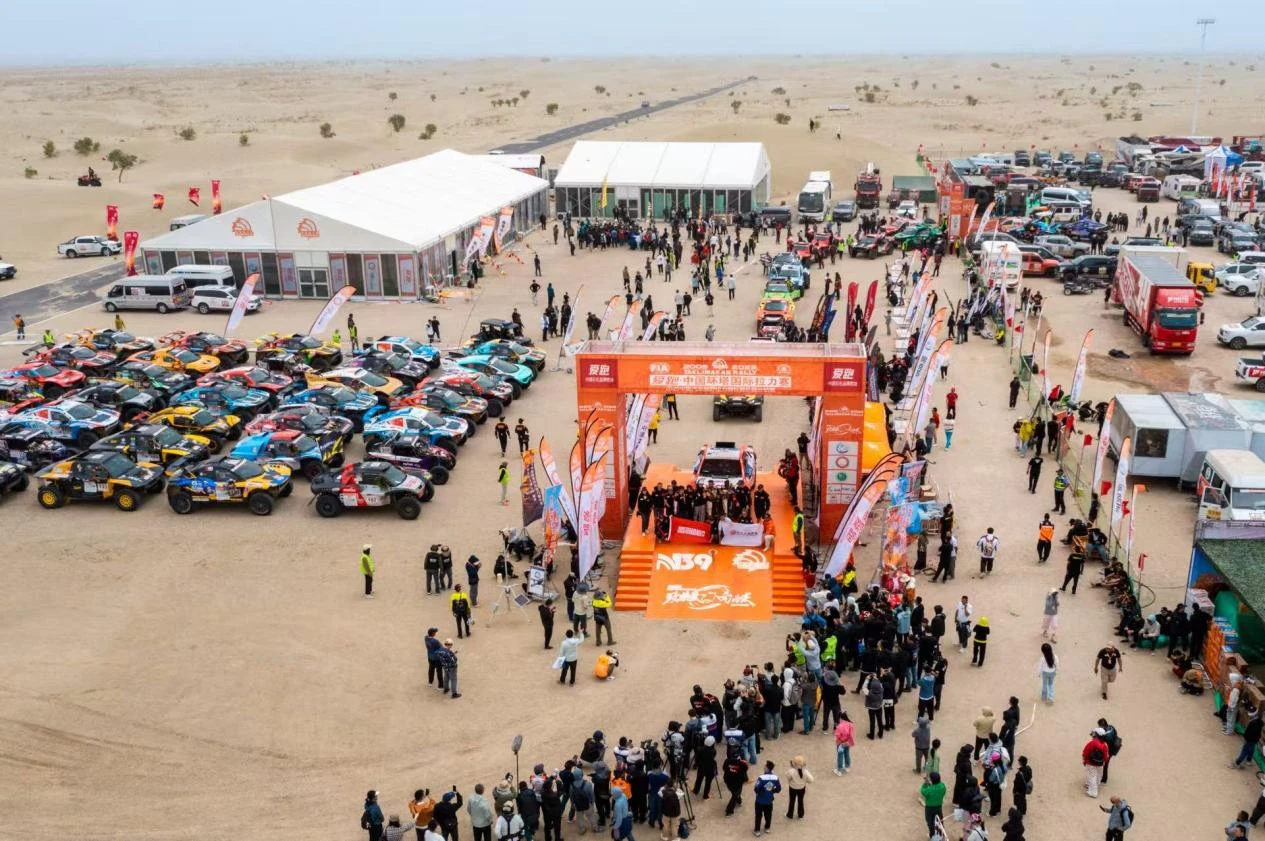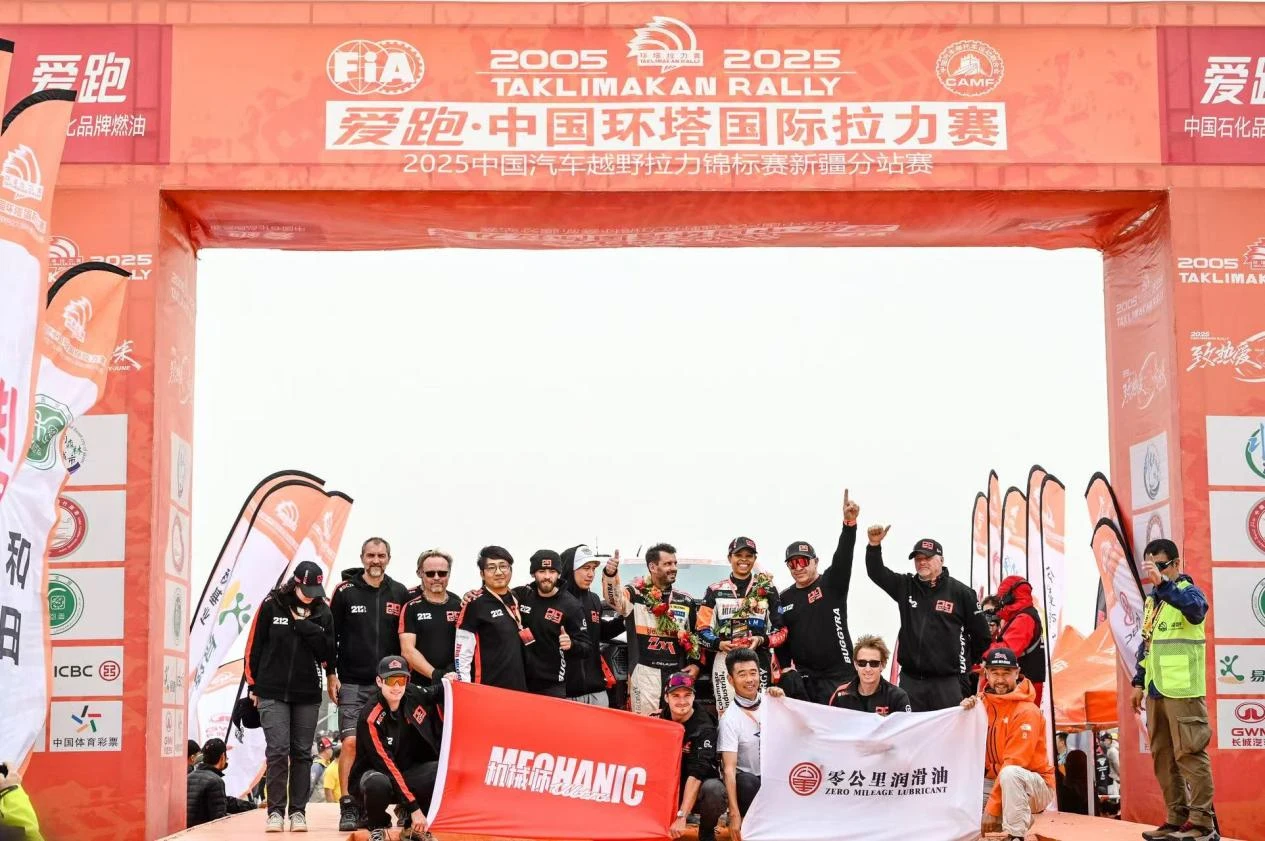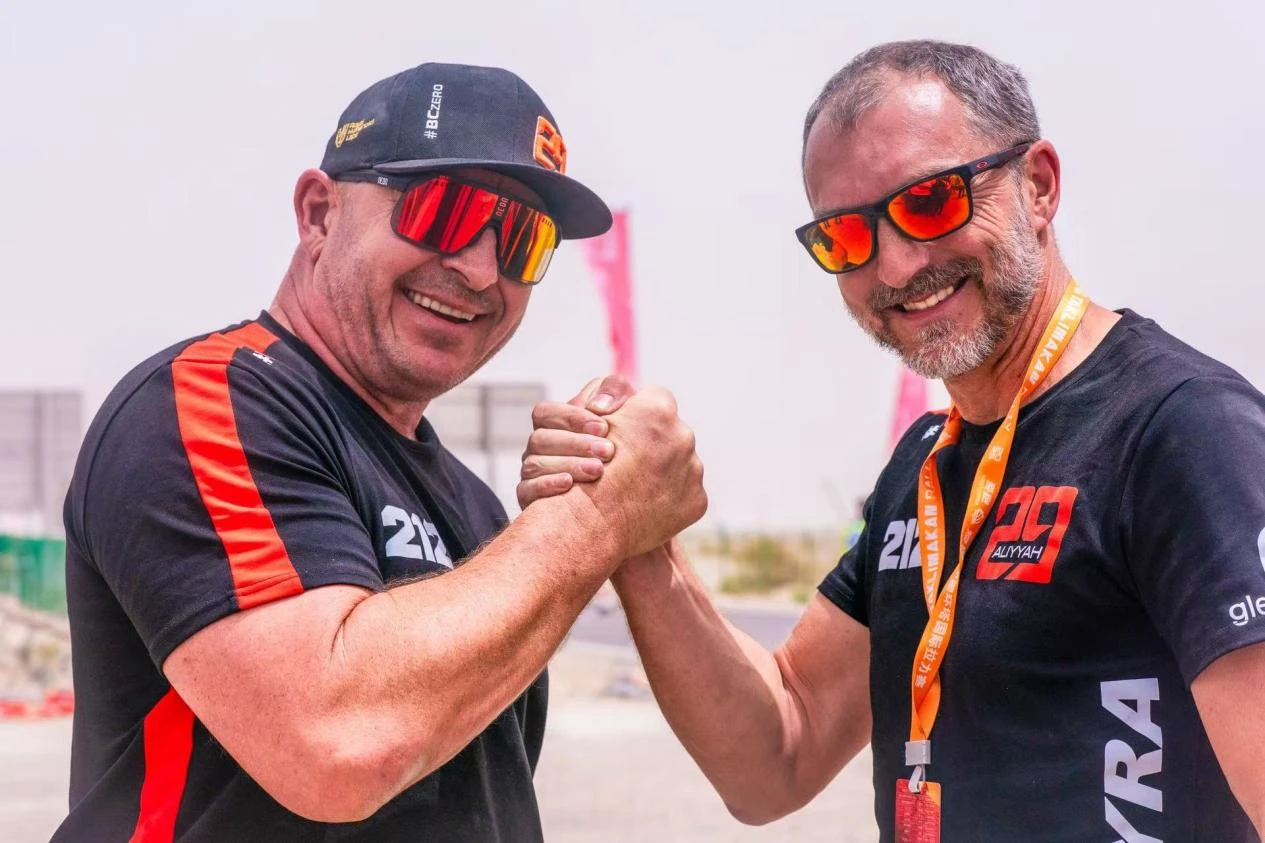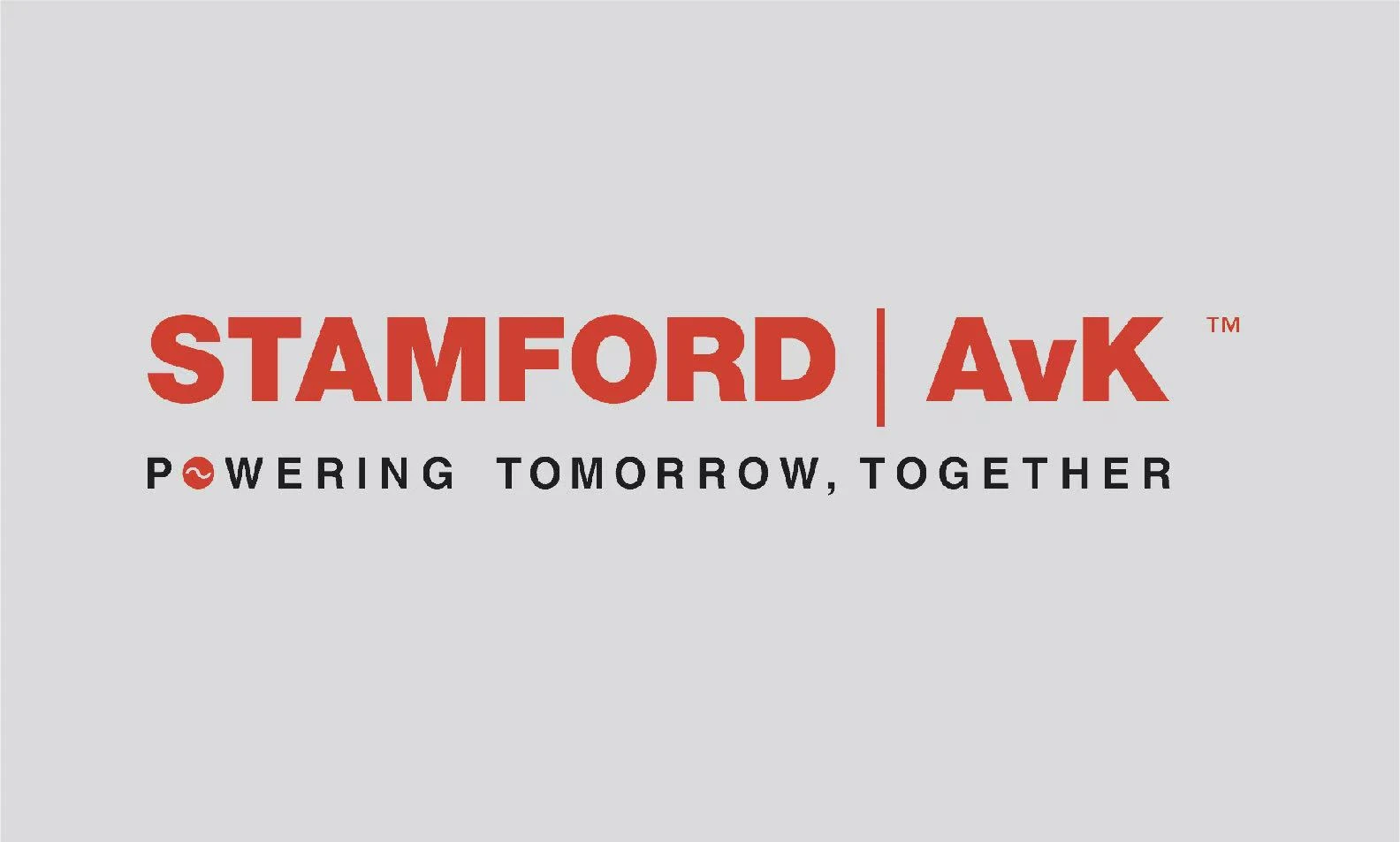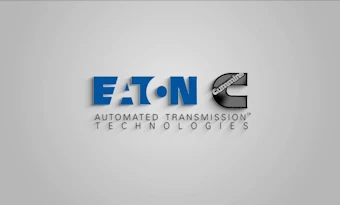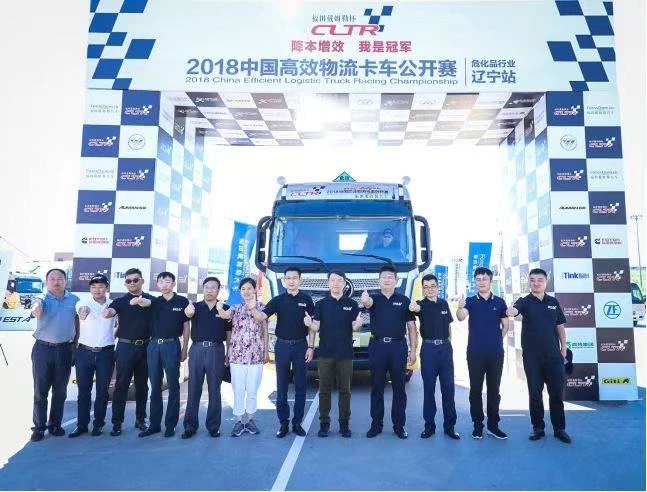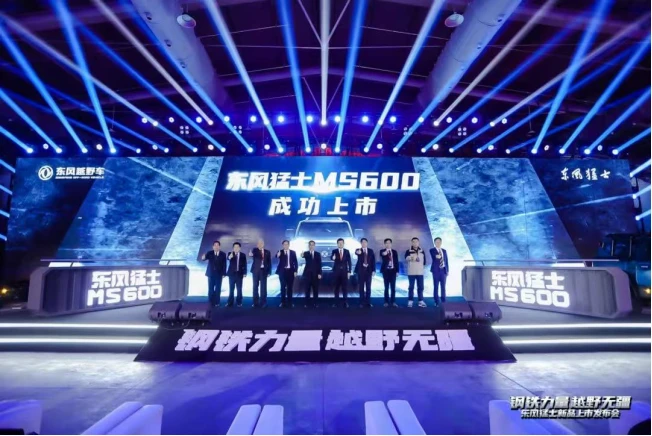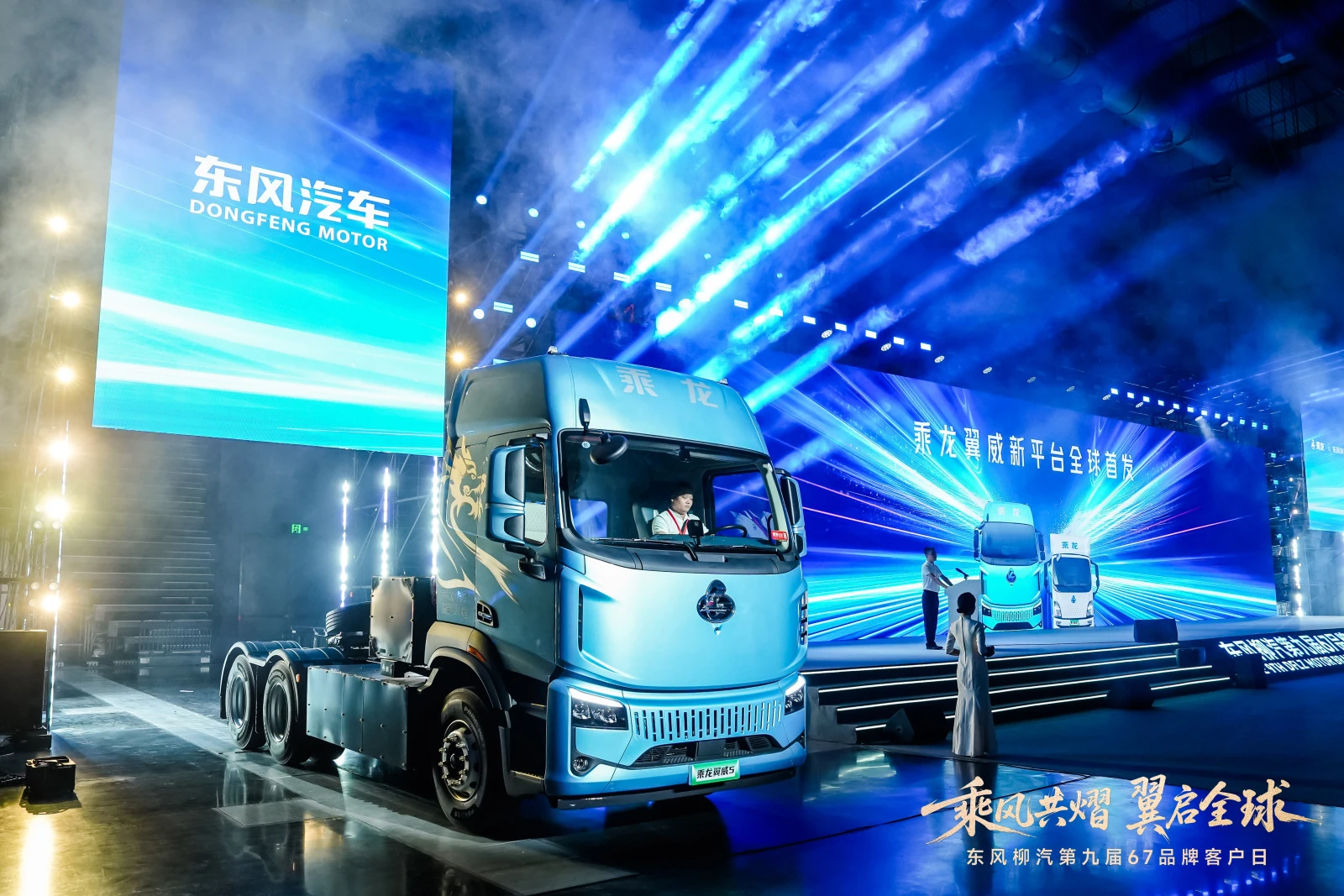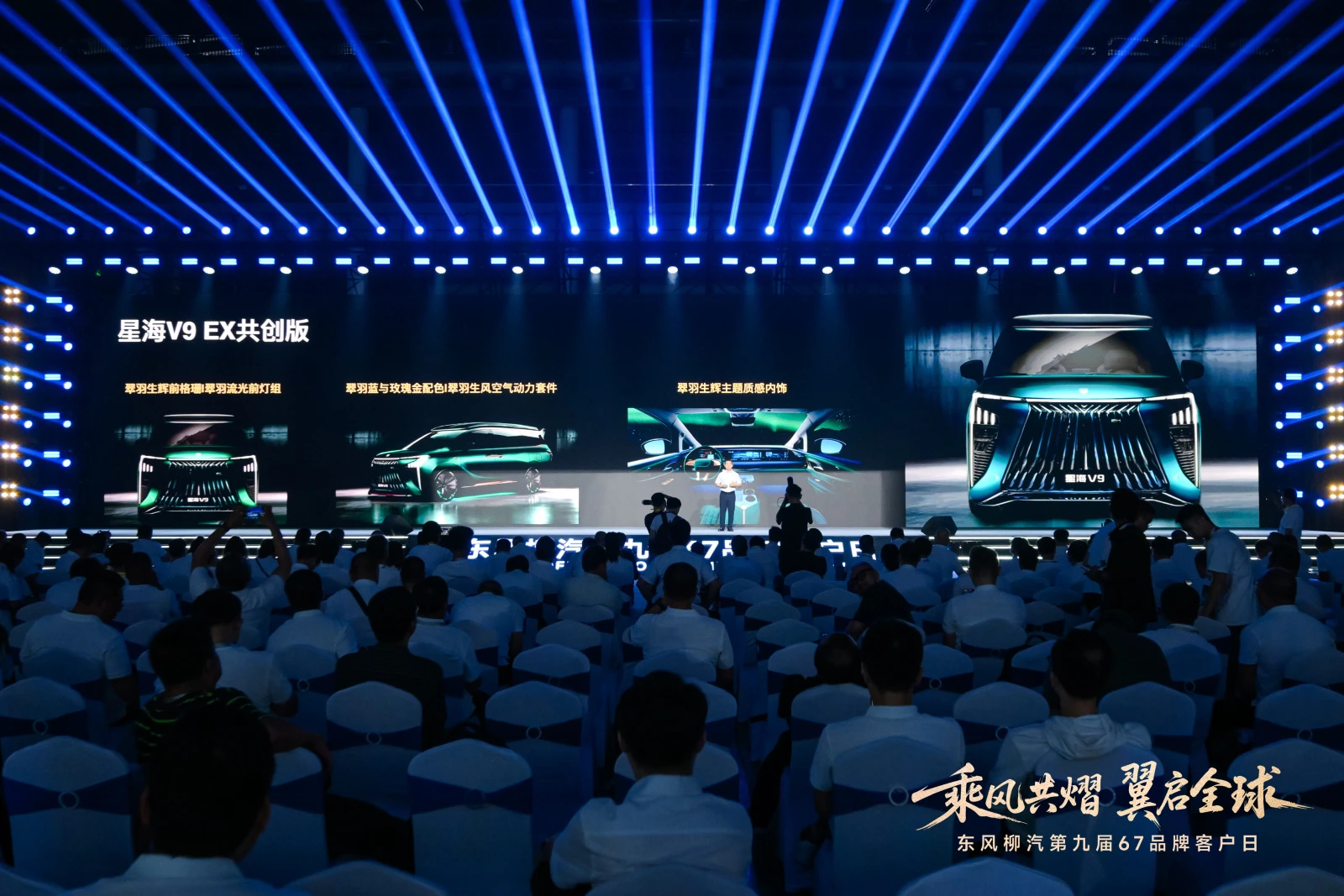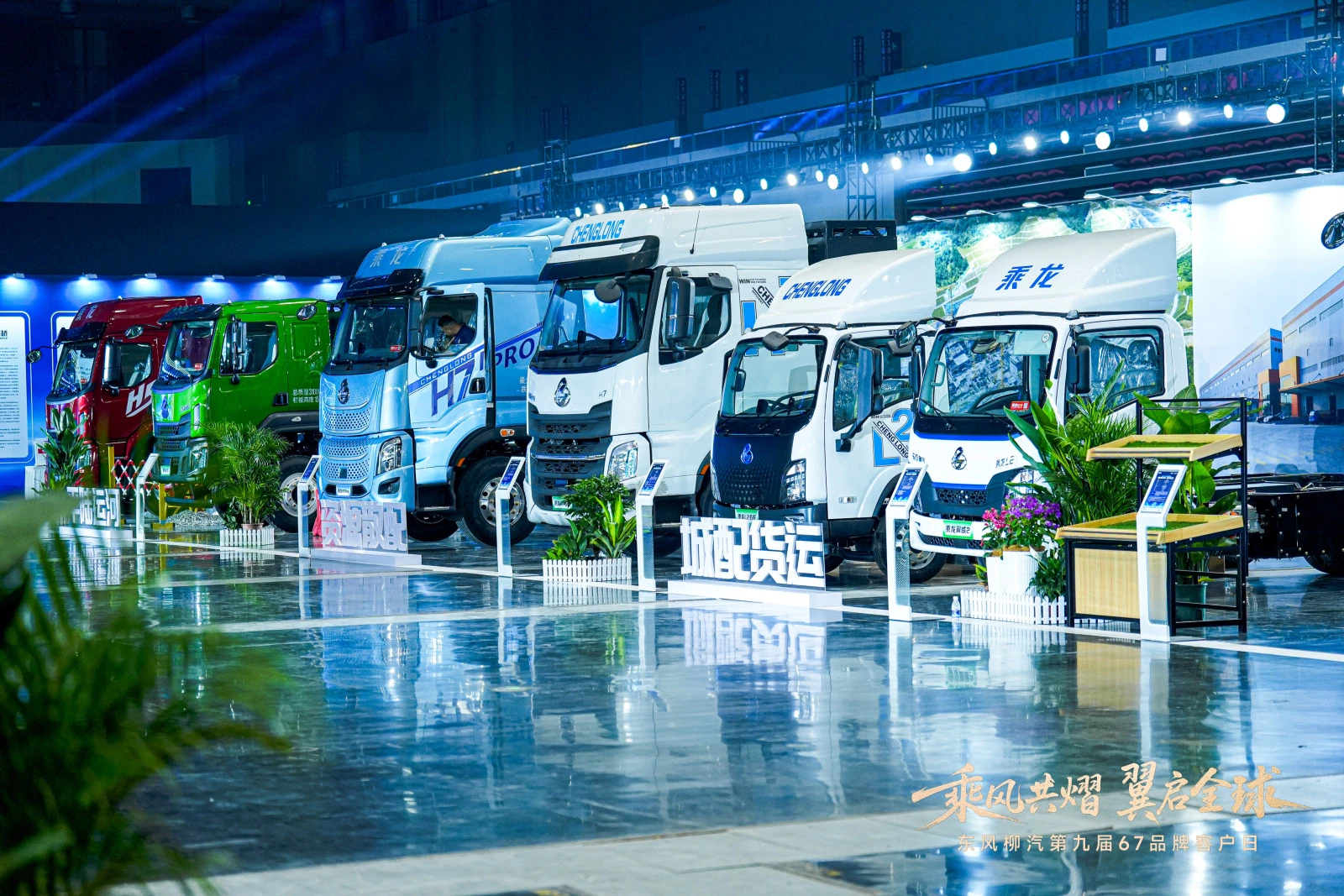Best Digital Marketing Company Website Solutions – Custom Company Logo Website Design
- Introduction: The Significance of Digital Marketing Company Websites
- Latest Data and Trends Shaping Digital Marketing Platforms
- Technical Advantages of Contemporary Digital Marketing Company Websites
- Vendor Comparison: Searching for the Ideal Partner
- Tailored Solutions: Customizing a Company Logo Website
- Application Cases: Success Stories Across Industries
- Conclusion: Building a Future-Ready Digital Marketing Company Website
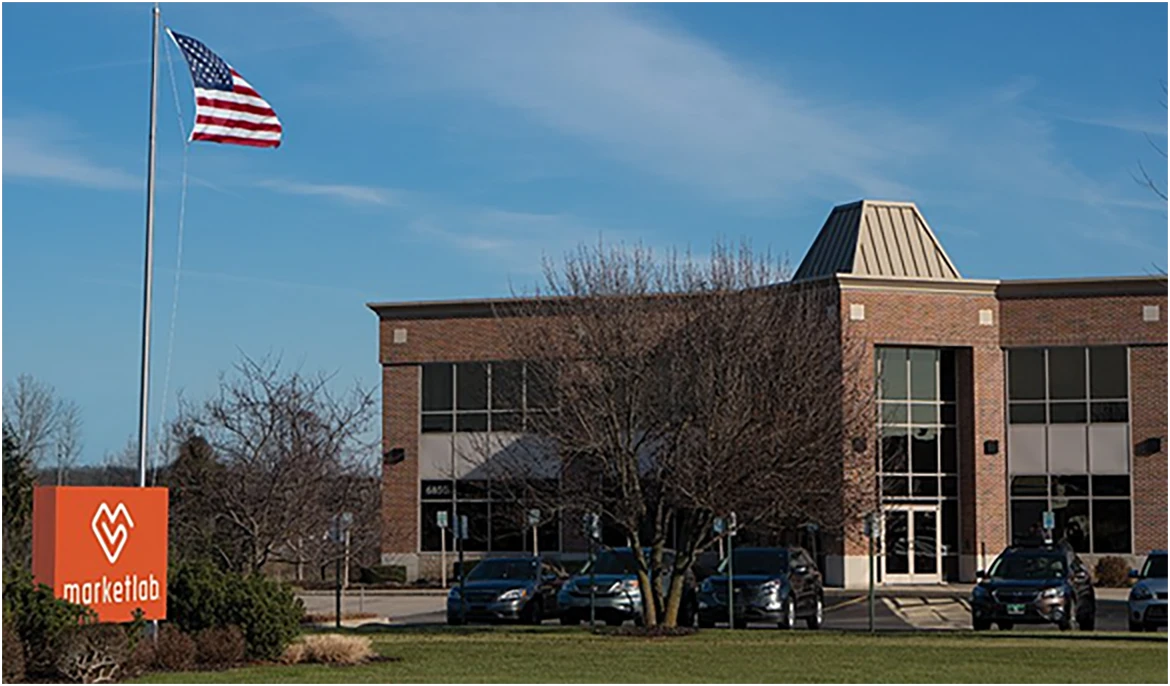
(digital marketing company website)
Introduction: The Significance of Digital Marketing Company Websites
In today's hyper-connected ecosystem, the digital marketing company website
has transcended its original role as a conventional information portal, evolving into a comprehensive platform that drives brand visibility, fosters client acquisition, and anchors digital strategies. Research from Statista indicates that 97% of consumers search for local businesses online before making a purchase decision, underscoring the critical importance of a website's user experience and visual identity.
More than just an online address, a well-designed company website channels trust, authority, and engagement. This is amplified by a professionally crafted company website logo, which not only establishes visual recall but also sets the tone for client perceptions across digital touchpoints. As competition intensifies, companies lean heavily on distinctive websites to promote value propositions and nurture long-term business growth.
Latest Data and Trends Shaping Digital Marketing Platforms
The digital landscape is in perpetual motion. According to HubSpot's 2023 report, 88% of marketers say a company's website is their most important digital marketing asset. Responsive design, rapid loading speeds, and integration with marketing automation are no longer optional; they're baseline expectations. In addition, the adoption rate for mobile-optimized websites soared past 85% in the B2B sector by Q4 of 2023.
Branding continues to dominate strategic priorities, with company logo website projects receiving up to 22% increased budget allocation compared to the previous year. Simultaneously, the importance of seamless content management systems and interactive features—such as live chat, video explainers, and AI-driven personalization—has grown, reshaping how both startups and established brands build competitive advantage online.
Technical Advantages of Contemporary Digital Marketing Company Websites
A top-tier digital marketing company website leverages advanced technology stacks and modular frameworks to deliver unparalleled performance. With the proliferation of headless CMS platforms—such as Contentful and Strapi—organizations are able to ensure omnichannel content delivery and flawless scalability. Data-driven SEO modules fuel organic reach, while built-in analytics provide real-time visibility into visitor behavior.
Security is an inescapable concern. Over 75% of enterprises have adopted SSL encryption, DDoS protection, and continuous vulnerability scanning as standard features. Meanwhile, built-in CDN (Content Delivery Networks) minimize latency by serving content from geographically distributed nodes, a vital distinction in acquiring and retaining both local and international audiences. These technical advances empower brands to respond instantly to shifts in strategy or scale.
Vendor Comparison: Searching for the Ideal Partner
With a saturated vendor ecosystem, businesses must scrutinize offerings and differentiators when selecting a digital marketing website partner. The table below outlines a data-driven comparison among leading vendors, focusing on technological capabilities, support, and customizability.
| Vendor | CMS Type | Responsive Design | Branding & Logo Services | Ongoing Support | Price Range |
|---|---|---|---|---|---|
| PixelForge | Headless | Yes | In-house Logo Creation | 24/7 Chat & Phone | $7,000 – $20,000 |
| BrandSculpt | WordPress Custom | Yes | Logo Integration Only | Email (9am–6pm PST) | $5,000 – $12,000 |
| WebAxis Digital | Custom Framework | Yes | Full Branding Suite | Priority Phone | $10,000 – $25,000 |
| LaunchMedia | Proprietary | No (Desktop-first) | Basic Logo Upload | Email Only | $3,500 – $7,500 |
Differences in support hours, CMS flexibility, and branding integration can significantly affect project outcomes. Enterprises often prioritize end-to-end design solutions and continuous support over lower initial costs, particularly when long-term scalability is a priority.
Tailored Solutions: Customizing a Company Logo Website
The journey towards an effective online presence begins with understanding the unique DNA of a business. Customizing a company logo website encompasses detailed brand discovery, iterative design sprints, and user testing to ensure the digital touchpoint aligns with business values and audience expectations.
Industry leaders employ a blend of typography, color psychology, and interactive elements to generate memorable impressions. A Smashing Magazine study in 2023 indicated that brands using bespoke site layouts and animated logos saw a 35% uplift in average session duration compared to those using generic templates. Seamless integration of branding components across hero banners, navigation, and favicon ensures consistency from the very first click.
Furthermore, the most effective teams collaborate across design, development, marketing, and analytics. Comprehensive project management ensures on-time delivery and smooth handoffs to content managers—enabling ongoing optimization in response to SEO trends or evolving customer preferences.
Application Cases: Success Stories Across Industries
Real-world deployments highlight how robust digital marketing company websites transform business outcomes. A financial consulting group, for instance, overhauled its web presence by introducing an interactive logo animation and personalized dashboards. Within six months, they achieved a 270% increase in qualified inbound leads and a 42% improvement in average page engagement.
In the eCommerce sector, boutique brands leveraged headless CMS with dynamic product feeds and branded micro-interactions. They observed a bounce rate reduction of nearly 25% while experiencing repeat visitor growth of over 18%. A tech firm focused on SaaS solutions utilized data visualization and real-time chatbots tied to their company website logo, establishing trust and shortening their sales cycle by two weeks.
Such successes underscore the transformative impact of tailored digital experiences—not only in capturing attention but also in delivering measurable business value.
Conclusion: Building a Future-Ready Digital Marketing Company Website
As organizations strategize for the next phase of digital growth, investing in a modern and resonant digital marketing company website emerges as a mission-critical priority. The intersection of data-driven insights, advanced technology adoption, and holistic branding sets the foundation for sustainable online success.
Forward-thinking businesses recognize that a truly effective platform extends beyond surface aesthetics. It requires cohesive branding—heroically represented by the company website logo—combined with technical robustness, continuous adaptation, and a commitment to an evolving digital audience. In this environment, the winners will be those who bridge creativity with performance, solidifying their reputation and achieving long-term market relevance.

(digital marketing company website)
